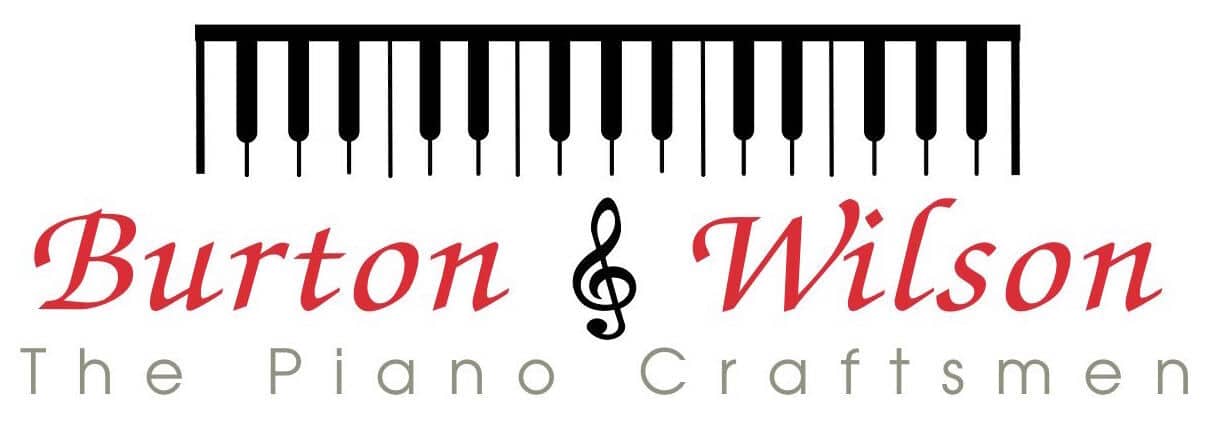Piano maintenance is essential for keeping your instrument in good condition. Regular upkeep ensures your piano sounds beautiful and remains functional for years. Proper care also helps maintain the piano’s value.
Whether you own a grand or upright piano, consistent maintenance practices are crucial.
This guide will walk you through the essential steps and tips for maintaining your piano to preserve its sound quality and longevity.
Basic Piano Maintenance Tips
Regular maintenance involves several routine tasks that can be easily integrated into your weekly and monthly schedules. Here are ten simple tips for effective piano maintenance:
-
Weekly Cleaning
Dust your piano every week. Use a soft, dry cloth to remove dust from the surface. Avoid using chemical cleaners as they can damage the finish. This simple step prevents dust buildup, which can affect your piano’s appearance and function.
-
Monthly Inspection
Inspect your piano monthly. Look for signs of wear or damage, and check the keys, strings, and pedals. This helps you catch problems early, preventing minor issues from turning into major repairs. Pay special attention to any changes in the piano’s tone or key action.
-
Annual Professional Tuning
Have your piano professionally tuned once a year. Tuning keeps the strings at the correct tension, ensuring the best sound quality. Environmental changes and frequent use can cause pianos to go out of tune more quickly, so in some cases, biannual tuning might be necessary. Regular tuning maintains the piano’s sound and helps keep the instrument in good playing condition.
-
Dusting the Exterior
Use a soft, lint-free cloth to dust the exterior. Gently wipe the surface to avoid scratches. Avoid using silicone or ammonia products, as these can damage the piano’s finish over time. A clean exterior not only looks better but also helps maintain the value of your piano.
-
Cleaning the Keys
Clean the keys with a slightly damp cloth. Wipe each key gently, then dry with a soft cloth to prevent moisture from seeping into the wood. A mild soap solution can be used for stricter grime, but ensure no water seeps between the keys. Clean keys are essential for both aesthetics and functionality.
-
Polishing the Piano
Polish your piano with a product specifically designed for piano finishes. Follow the manufacturer’s instructions to avoid damaging the surface. Polishing helps maintain the piano’s luster and protects the wood. Avoid over-polishing, which can build up a residue over time.
-
Checking for Rust and Wear on Strings
Inspect the strings for rust or wear. Rusty or worn strings should be replaced to maintain sound quality. Regular inspection can prevent unexpected string breaks and ensure your piano produces the best possible sound.
-
Replacing Old Strings
Old strings lose their tone and can break. Replace them to keep your piano sounding its best. It’s advisable to have a professional replace the strings to ensure that the new strings are installed correctly and the piano is properly tuned afterward.
-
Lubricating the Piano Action
Lubricate the action parts to ensure smooth movement. It’s important to use the right type of lubricant; general household lubricants like WD-40 can cause damage. Instead, use lubricants specifically designed for pianos. Regular lubrication helps maintain the action’s responsiveness and prevents wear.
-
Maintaining Proper Humidity Levels
Keep your piano in a room with 40-50% humidity. Excessive dryness or humidity can cause the wood to expand or contract, leading to tuning instability and potential damage. Use humidifiers in dry climates and dehumidifiers in humid climates to maintain stable humidity levels.
Additionally, consider using a piano-specific humidity control system that can be installed inside the piano to provide consistent humidity regulation.
Humidity Control
Maintaining the right humidity level is crucial for your piano’s health. Pianos are sensitive to humidity changes, and improper humidity levels can cause significant damage.
Ideal humidity levels for a piano range between 40-50%. Excessive dryness can cause the wood to shrink, while too much humidity can cause it to swell. Both conditions can lead to tuning issues and structural damage.Using humidifiers and dehumidifiers can help maintain the optimal humidity level in the room where your piano is located.
In dry climates, a humidifier can add necessary moisture to the air; in humid climates, a dehumidifier can help reduce excess moisture. Additionally, consider using a piano-specific humidity control system that can be installed inside the piano to provide consistent humidity regulation.
When to Call a Professional
Knowing when to call a professional for your piano maintenance is crucial. Signs you need expert help with include persistent tuning issues, sticking keys that don’t respond to cleaning, and significant mechanical problems.
Regular professional check-ups by Burton & Wilson can help maintain your piano’s health and prevent major issues. Finding a qualified technician is essential for ensuring quality service. Look for technicians with good reviews and proper certification. Asking for recommendations from local music schools or piano stores can also help you find a reputable technician.
Closing Thoughts On Piano Maintenance
Regular piano maintenance is essential for keeping your instrument in excellent condition.
By following these tips and conducting routine maintenance, you can ensure your piano remains in top shape and continues to produce beautiful music.
Remember to clean your piano regularly, keep it tuned, and control the humidity in your piano room. Additionally, know when to call a professional to handle more complex issues. With proper care, your piano will provide you with years of musical enjoyment.
FAQs
How often should I tune my piano?
Tune your piano at least once a year. Depending on use and environmental factors, more frequent tuning might be needed.
Can I clean my piano myself?
Yes, you can clean your piano. Use a soft, dry cloth for dusting and a slightly damp cloth for the keys.
What type of polish should I use?
Use a polish specifically designed for piano finishes. Avoid household cleaners as they can damage the surface.
How do I know if my piano needs new strings?
It might be time for new strings if the strings are rusty or the piano sounds dull. Consult a technician for advice.


 COCKTAILS & More
COCKTAILS & More